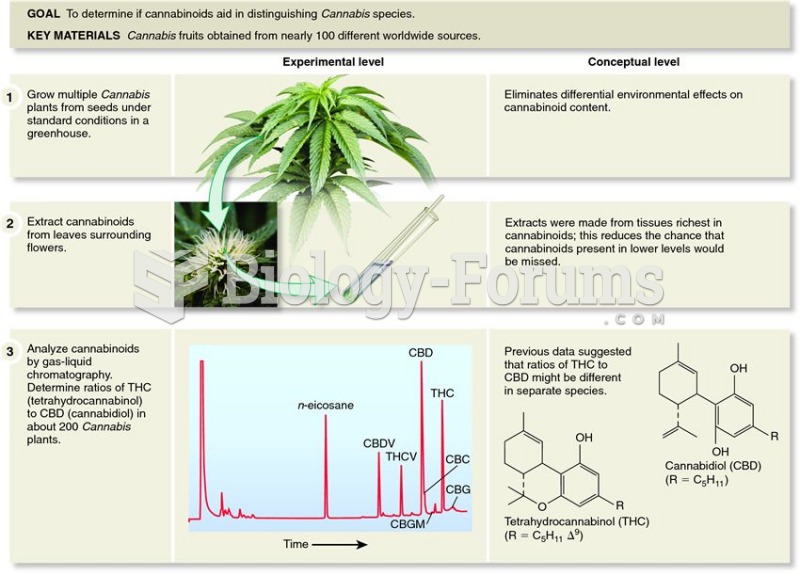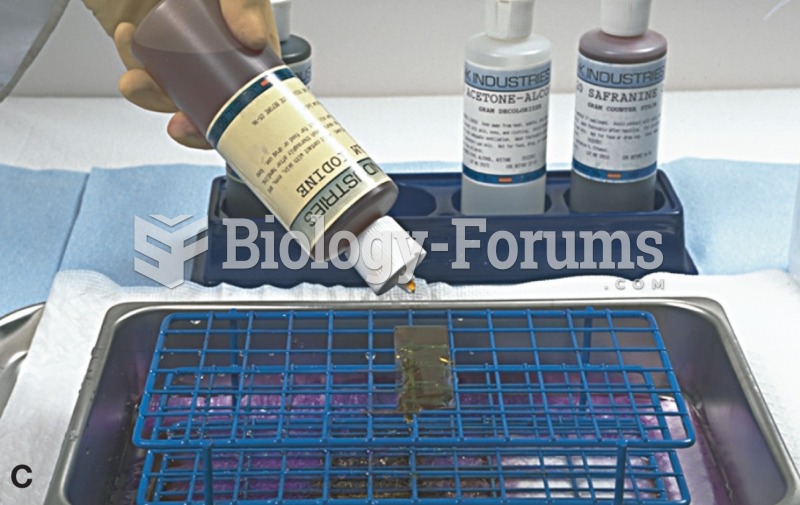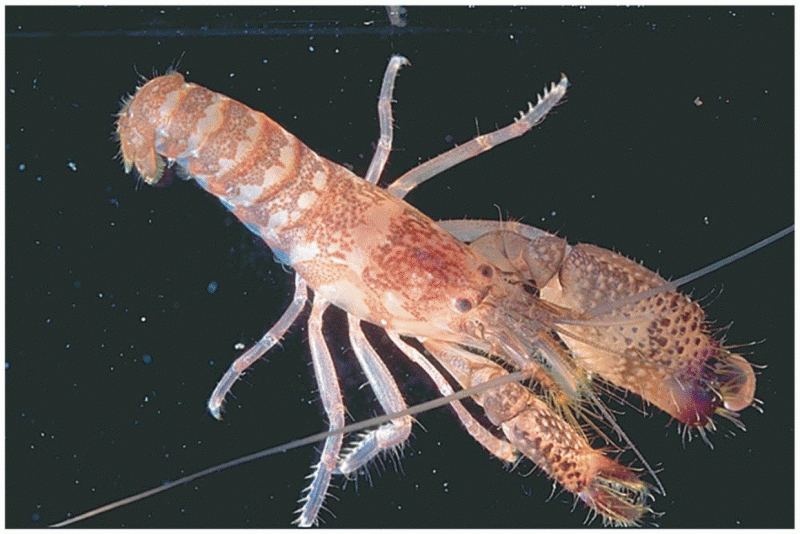|
|
|
The eye muscles are the most active muscles in the whole body. The external muscles that move the eyes are the strongest muscles in the human body for the job they have to do. They are 100 times more powerful than they need to be.
The most common treatment options for addiction include psychotherapy, support groups, and individual counseling.
The first documented use of surgical anesthesia in the United States was in Connecticut in 1844.
Though methadone is often used to treat dependency on other opioids, the drug itself can be abused. Crushing or snorting methadone can achieve the opiate "rush" desired by addicts. Improper use such as these can lead to a dangerous dependency on methadone. This drug now accounts for nearly one-third of opioid-related deaths.
By definition, when a medication is administered intravenously, its bioavailability is 100%.







